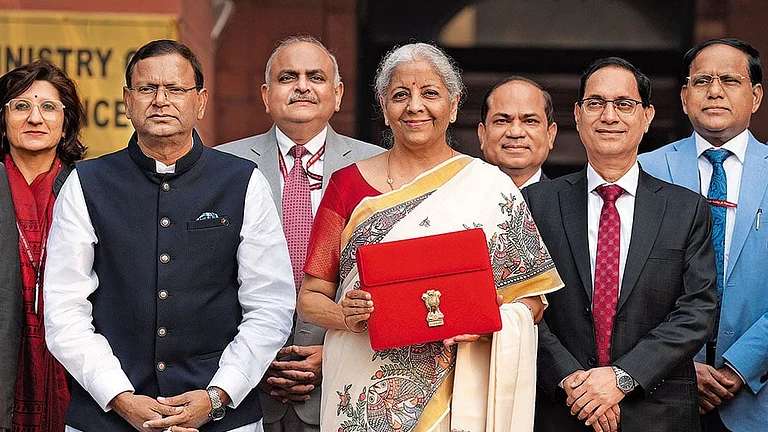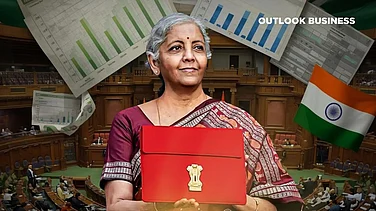With the election fever subsiding and the new government in place, attention has now shifted to the upcoming Union Budget which is likely to be presented in the second half of July.
Taking a cue from the interim budget presented in February and the recent address of the Hon’ble President in the Parliament, there are indications that the government is likely to introduce a host of economic policies and reforms in the upcoming Union Budget.
While the government has been taking various initiatives over the last decade in rationalising the tax laws and simplifying the tax compliances, there is still scope which stakeholders from different sectors have been requesting the government. These revolve around further rationalisation of tax laws and tax compliances, minimise litigations by introducing reforms in dispute resolution mechanism, reducing tax burden and at the same time creating a conducive environment for faster economic growth by introducing incentives in specified sectors.
Simplifying tax laws
Towards its efforts in rationalising tax laws, the government could consider simplifying the withholding tax provisions which will provide better clarity and reduce litigation around it. Currently, there are various sections dealing with collection and recovery of tax at source and each section with different threshold limits and exemptions adds to the complexity.
Furthermore, the interplay between TDS provisions inter se and between TDS and TCS provisions has only led to confusion and litigations. The government can consider consolidating the various provisions under broad categories and prescribe a single rate for each of the category like supply, service, etc.
As part of its efforts to reduce tax litigation, the government can consider rolling out detailed guidelines with FAQs, on various transactions and highlight its stand, which can provide clarity and enable taxpayers to appropriately adopt their tax positions. Another area of concern is for companies facing upward adjustment in transfer pricing audits. While the existing Safe Harbour Regulations (SHR) framework has provided some clarity and certainty, there is a need to revisit safe harbour margins to bring more certainty.
Further, raising the threshold of the value of international transactions to make SHR inclusive, introducing a matrix for determining industry-specific safe harbour margins, given the diversity in operational dynamics across sectors, can be some factors to consider. This approach would ensure that the margins reflect the varying degrees of value addition, risk and investment associated with different industries, moving beyond the one size-fit all approach.
The Finance Act 2022 extended the sunset clause to concessional tax rate for new manufacturing companies till 31st March 2024. The concessional tax rate had benefited the industrial and manufacturing sector in bringing in new investments and setting up new ventures. There was an expectation that the benefit will be extended further. However, the same did not find a place in the interim Budget. Considering the government’s push for “Make in India”, it may favorably consider extending the tax regime for new manufacturing companies. While the regime in its present form was restrictive in its scope, the government can consider extending this regime to new companies in service sector as well - which is one of the major contributors towards generating job opportunities and forex inflows.
Encouraging R&D investments
As discussed earlier, while the government’s focus was on promoting manufacturing in India, investments into R&D sector are equally crucial to reduce technology dependency on other countries and facilitate development of advanced technologies.
The government in the past had introduced certain tax incentives to encourage innovation. However there were not many takers. The current patent box regime with its limited scope has not found much favor. In addition, as the extant law only covers patents, the Information and Communications technology (ICT) sector, though the largest in terms of R&D, has a very low share in the patents granted in India as R&D in software alone is not patentable. In this regard, the government should take a closer look across various laws on areas impeding the innovation ecosystem and consider bringing in suitable amendments to facilitate the needed impetus to the R&D sector.
While the government has shown its intent to bring in reforms, introduction of the above measures in the tax regulations would significantly help in rationalising the tax laws and improving the ease of doing business, thereby enhancing the confidence of investors.
(The article has been penned down by S. Anantha Padmanabhan, Partner, Deloitte India.)
(The views belong solely to the author.)


























